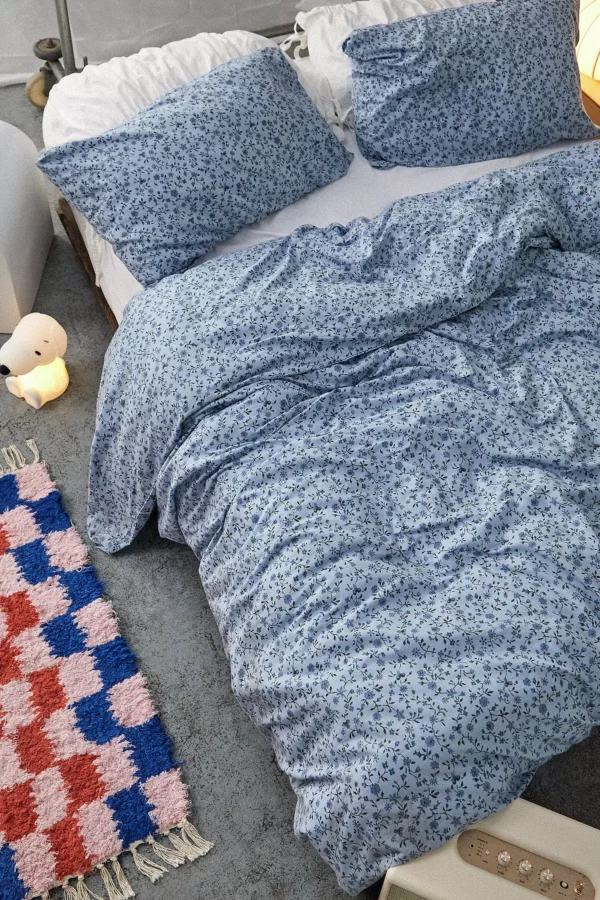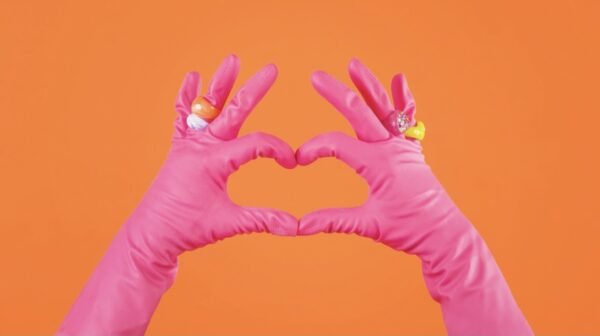
Is it Time for You to Have a Digital Detox?

Digital devices are taking over our lives. The average person in the UK checks their phone 600 times a day, while 73% of Brits claim they’d struggle to go a full day without checking their phone or computer for notifications.
It’s not necessarily a bad thing – digital technology has revolutionised the way we live our lives, enabling us to remain connected with friends and family and providing us with perpetual entertainment. However, numerous studies have shown that this reliance on smartphones and digital devices can lead to mental health problems, insomnia and loneliness.
It is for these reasons that a growing number of people are embarking on so-called “digital detoxes”, cleansing themselves from their digital addictions. But what exactly is a digital detox, will it really improve your life and how would you go about having one?
What is a digital detox?

A digital detox is defined as ‘a period of time during which a person refrains from using electronic devices such as smartphones or computers, regarded as an opportunity to reduce stress or focus on social interaction in the physical world.’ This can be done by either removing digital devices from your life completely for a while, or at the very least trying to reduce your usage.
Those undertaking a digital detox will instead focus on enjoying activities that don’t involve them using their smartphone or computer. Instead of sitting indoors, constantly texting their friends or aimlessly scrolling through Facebook, detoxers are encouraged to do things like actually going and seeing their friends physically, or taking up a sport or hobby.
The popularity of digital detoxes is growing, with statistics showing that around two thirds of Brits underwent one in 2016. A number of celebrities have also followed the trend, with Ed Sheeran, Kendall Jenner and Kanye West being just three of the famous figures that have taken breaks from social media and their smartphones. But does it actually benefit your life?
The benefits of a digital detox
As previously stated, the negative effects of using digital devices are numerous and potentially severe. According to research by Jean M Twenge, increased online activity amongst teenagers coincided in substantial deterioration in their mental health. Girls’ depressive symptoms increased by 50% from 2012 to 2015, while boys’ increased by 21%, with a rise in suicide rates for both genders. This has been backed by other research, such as the University of Chicago demonstrating that mobile phone use is linked to increased depression and anxiety.

In addition, Twenge’s study showed that rates of loneliness also soared. Another recent study into social health and relationships found that such a lack of connection to others can be even more detrimental to health than smoking, obesity, and high blood pressure. It has also been shown that social media sites themselves have a number of repercussions, with Instagram found to harm perceptions of body image, increase the fear of missing out and have a detrimental effect on sleep.
The dangerous consequences of digital devices can therefore be eliminated by reducing or stopping your use of them. Doing so can also bring about many other positive changes, and this has been proven in practice. Kovert Designs CEO Kate Unsworth, studied the behaviour of a group with and without technology on a five day trip to Morocco.
She found a number of positive effects of stepping away from digital devices. One of these was that there was improved memory in the group, with people more likely to remember obscure details about one another after a few days without technology. This is apparently because our brains have been trained not to register seemingly insignificant details due to the many distractions of technology. In addition, the guests slept better without digital devices, had better posture, and new perspectives on life.
How to complete a digital detox
There are a number of steps you can take to successfully carry out your digital detox. One of the most useful tips is to undertake different activities that replace time you would be spending on your phone. Consider taking up a sport, visiting friends more often, or even meditating. The health benefits of meditation are widely documented, with regular meditation being reported to reduced anxiety and better mental health.
If you really want to take it seriously, then consider going on a meditation retreat which can be a great way to fully commit to your detox. This will provide you with the opportunity to leave your phone at home and spend quality time away from a screen, all the while reaping the health benefits of meditation itself
As well as taking up fun activities, there are also a number of other tips that can help you with your detox. It is recommended by life coach Carole Ann Rice that you should ease into it, setting small limits for each day, like during your lunch break or when out shopping. This will help you slowly eliminate technology from various parts of your day.
In addition, moves like giving yourself a daily digital device allowance, simply making an effort to give people your attention whenever possible, and leaving your phone at home when going places will all help to make your digital detox a success.
Good luck detoxing!














































